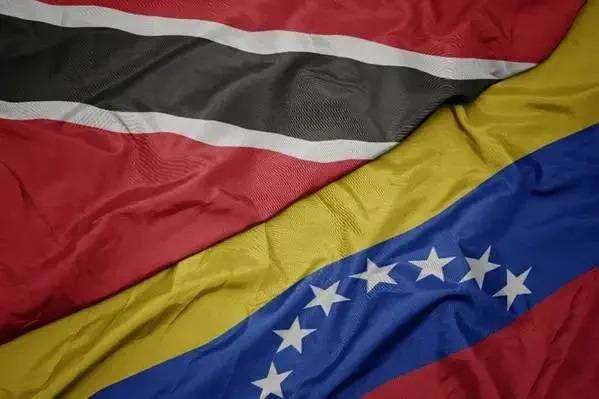
Negotiations between Venezuela and Trinidad and Tobago to jointly develop an offshore gas field near the maritime border have hit a sticking point following Venezuela's refusal to accept the terms of a U.S. license, the Caribbean nation's Prime Minister Keith Rowley said on Thursday.
The United States in January issued a two-year license allowing Venezuela and Trinidad to jointly develop the Dragon field and supply Venezuelan natural gas to Trinidad, with oil major Shell expected to be the operator.
The authorization, however, bans any payments to Venezuelan President Nicolas Maduro's administration.
"The Venezuelans have not accepted the terms laid down by the Americans. That is the long and short of it," Rowley said in an interview on channel TV 6 in Trinidad.
Officials from both governments have met several times this year to further the negotiations. Trinidad's energy minister Stuart Young asked Washington in recent months to amend some license terms.
Rowley did not disclose which terms have been refused by Venezuela. It is unclear if the United States is open to modifying the license.
The prime minister also said Trinidad fought hard to get the U.S. green light for the project, which included a waiver to negotiate with U.S.-sanctioned Venezuelan state company PDVSA.
"We eventually won that battle, but they put a condition on it, which the Venezuelans as of now have not accepted," Rowley added.
Both sides have not suspended negotiations, Rowley said.
Dragon, on the Venezuelan side of the maritime border with Trinidad, holds up to 4.2 trillion cubic feet of gas. Trinidad needs the fuel to boost production and exports, while Venezuela hopes to gain a new source of revenue from the trade.
Trinidad and Tobago, Latin America's largest exporter of liquefied natural gas, is not producing enough natural gas of its own to supply industrial plants, which has led to the suspension of a liquefaction train, and forced three others to operate below capacity.
(Reuters - Reporting by Curtis Williams in Houston; Editing by Marianna Parraga and Chris Reese)